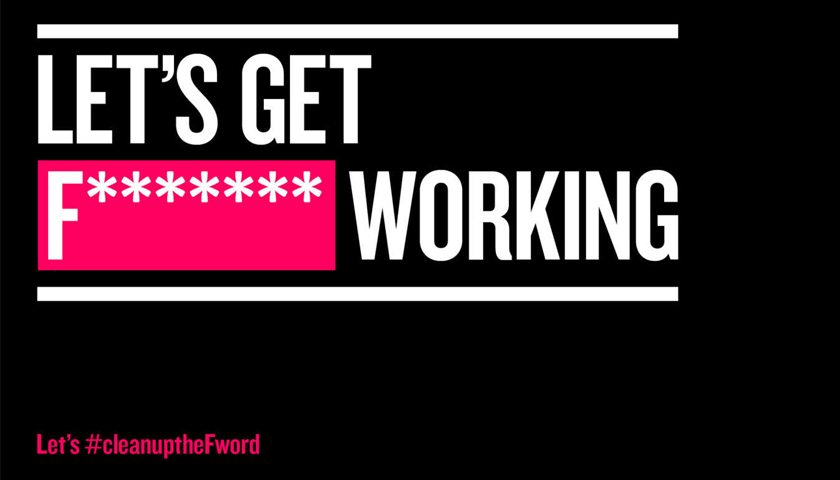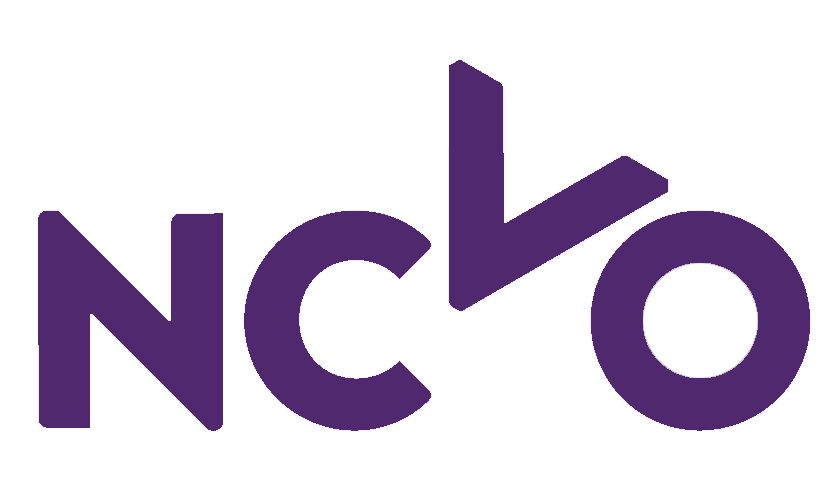Digital Mums, who aim to help mothers achieve their perfect work/life balance for the good of businesses everywhere, has launched the next stage of its #WorkThatWorks initiative. The ‘Clean Up The F Word’ Campaign is a nationwide iniative which aims to change perceptions of flexible working in business. The Campaign has been designed with creative agency Iris as part of a pro-bono partnership and plays on people’s assumptions that the ad may be talking about another “F” word.
Nikki Cochrane, co-founder Digital Mums says:
“It is time we stopped seeing flexible working as an employee perk that is just available for the lucky few. Flexibility is not a dirty word; it has huge business benefits including attracting and retaining the best talent. It’s time to change the culture around the way we work in the UK. Thanks to working with partners like iris, 8 Outdoor Media and Naber Media, we are able to raise awareness of this important issue in a much more creative and impactful way.”
Research from Digital Mums earlier this year shows 7 in 10 UK employees would like to have flexible working but only 12 percent have ever asked for it. Over half think that any request would be viewed negatively by their employer. This suggests that, three years on, the government’s ‘right to request’ law isn’t going anywhere near far enough to remove the barrier to a more flexible way of working more in tune with today’s technology and entrepreneurial workforce.
Digital Mums says:
“Our plan with the Digital Mums #WorkThatWorks Movement is for flexible working to be seen as the norm for everyone and not just the reserve of a ‘lucky’ few. We believe the rigid and restrictive ‘9 to 5 coat-on-chair’ culture should be assigned to the past.
To kick-start this societal shift in flexible working we want the government to clean up the F-word. We believe we need to go right back to basics. The full current definition on the government’s website is:”Flexible working is a way of working that suits an employee’s needs, eg having flexible start and finish times, or working from home.”
We think this definition should be changed from solely describing ‘a way of working that suits an employee’s needs’ to ‘work that works for employees and businesses’.
A new definition needs to show the benefits of flexible working to businesses. 6 in 10 (61%) UK workers said they would be more productive if they could work flexibly and over two thirds (67%) said they would be more loyal to a business. Significantly, 75% of 18-24 year olds currently not working are more likely to apply for a job with flexible hours over a standard job. ”
Digital Mums use examples of themselves as a successful business that utilises a 100% flexible working policy. Only 14% of employees are full-time and office based; 86% work part-time and remotely; 17% never step foot in the office.
The campaign also hopes to get support via a petition on Change.org: Clean Up the F-Word and stop flexible working being seen as a dirty word.
Elinor Vasiliou, Creative at Iris: “The creative campaign uses look-twice lines to poke ridicule at the taboo around flexible working. Because the facts show, there are serious benefits up for grabs for both employees and employers when they embrace flexibility. We hope it gives people courage to drop the F-bomb and kickstart a culture shift”.
The campaign will run across digital OOH across the UK, thanks to space provided by 8 Outdoor Media and digital advertising screens in post offices nationwide thanks to space provided by Naber Media.
Links
https://digitalmums.com/blog/launching-workthatworks

